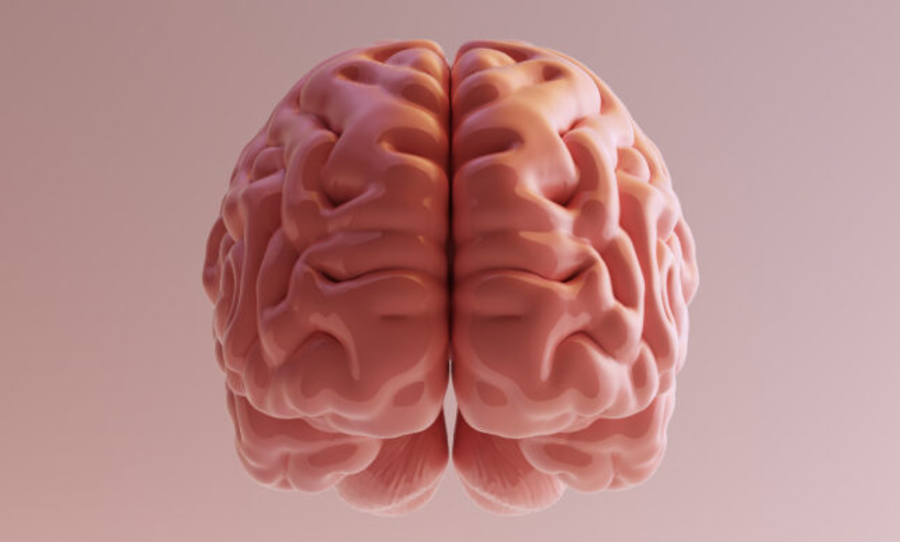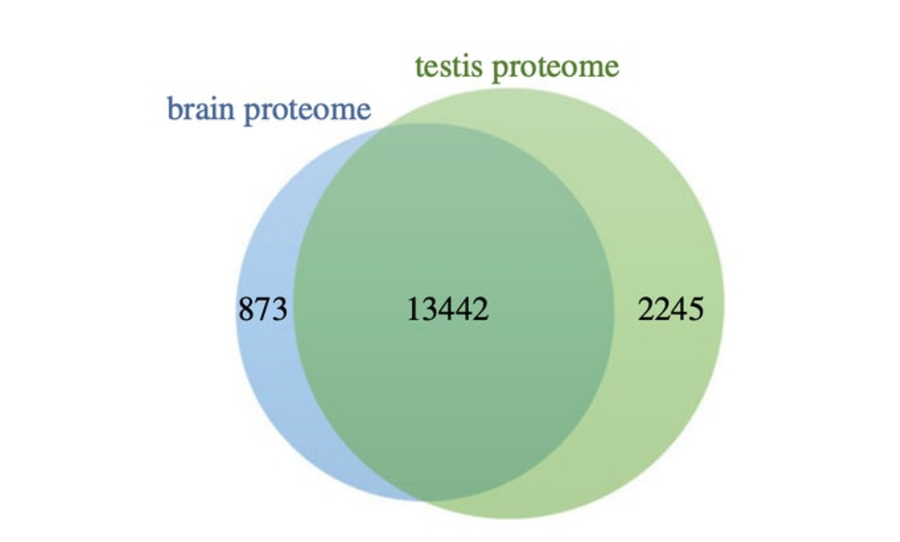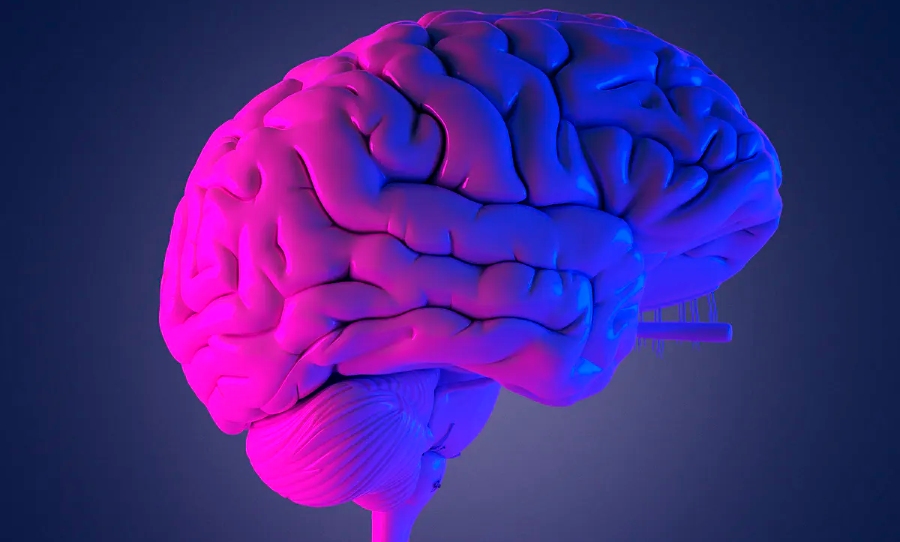Scientists from the University of Aveiro, Portugal found an astonishing 13,442 similar proteins within the brain and the testis.
A recent study has contributed to the popular saying that men think with their…genitals. The proteins within the brain and the testis have more similarities than any other tissue in the human body!
Yes, you’ve read that correctly and yes, females brains share these similarities with balls as well.

The study tested “33 different tissue types“, including the brain, heart, liver, prostate and cervix. However, the tissue within the testis reigned supreme in its similarity to the brain, ruling out the other tissues as subordinate in comparison.
The brain consists of 14,315 unique proteins, whereas the testis consists of 15,687. An impressive 13,442 proteins are shared between the tissues within the brain and the testis.

The highest similarities were specifically between proteins that were instrumental in “tissue development and cell communication“.
Both organs require energy for tricky processes, including thinking, and the daily production of millions of sperms.
The cells within the brain support its neurons, while specific cells within the testis support its germ cells. This allows the organs to fulfil their daily tasks to keep the body operating accordingly.
Additionally, these cells are paired with similar tasks, involving the migration of things within the brain and testis to an external environment. This is a process, otherwise known as exocytosis.
Now I know why I think like I do
Human brain and testis found to have the highest number of common proteins https://t.co/ZsfjyuT7Mj
— Mark Simko (@thndrbck) June 2, 2021
The study also revealed that specific disorders including multiple sclerosis and male infertility can affect both the brain and the testis.
Interestingly, pelvic surgery, diabetes, spinal cord injury and spinal abnormalities correlate with male infertility due to erectile dysfunction or semen abnormalities.
According to Inverse, scientists have recently discovered that the proteins within the brain and testis are involved in brain development, with a small percentage involved in the development of the spermies.
Some people have jokingly questioned the necessity of this study, as the information provided in it was already prior knowledge:
Really? They needed to research this? DUH😂
So men DO think in their pants? Study shows men’s brains have similar genes and proteins commonly found in testicles
via https://t.co/lBIGuHnvN1 https://t.co/t4BX912Kpv— Terrance Roden (@metal_teco) June 2, 2021
However, the team at the University of Aveiro acknowledge that the topic is “underexplored” and that the connection between these two tissues requires further attention. They believe additional research on the topic, discoveries can be made regarding the effect of “dysfunctions” on the brain and testis, along with the strategies that can be implemented to effectively assist with this.



